Although the real estate industry is constantly changing, a few major themes are probably going to influence the next five years. Here are some things that buyers, sellers, and investors might anticipate, including changes in interest rates, demographic trends, and technology improvements.
Affordability and Interest Rates
Although rates would stay higher than at the epidemic lows, economists forecast a period of stability following several years of erratic mortgage rates. Affordable housing will probably be impacted by this, especially for first-time homebuyers. It may be necessary for buyers to modify their expectations or take into account smaller properties in less competitive areas.
Suburban and secondary market demand
It is anticipated that the trend toward remote work will continue, with many purchasers placing a higher value on price and space than on being close to major cities. Smaller cities and suburban areas may see sustained demand as a result of this change, making them desirable investment destinations.
Issues with Inventory and New Construction
There hasn’t been a lot of available housing, and things aren’t likely to get much better in the coming years. New home developments may be constrained by supply chain problems and high building costs. On the other hand, builders who prioritize inexpensive housing could alleviate shortages, particularly in the entry-level home market.
Technology’s Increase in Real Estate Technology will become much more important in real estate transactions. These developments, which range from blockchain-based real estate transactions to virtual showings, are anticipated to simplify the purchasing and selling process and speed up the closing of transactions.
Eco-Friendly and Intelligent Houses
Homes with smart technology and energy efficiency are becoming more and more desirable to buyers. Eco-friendly materials, smart appliances, and solar panels are increasingly popular selling elements, particularly with younger consumers who place a high value on sustainability. Homeowners may be encouraged to renovate their properties in line with this trend, which could raise demand for homes with these features.
Changes in Demographics
With a predilection for flexible, sustainable, and tech-integrated homes, millennials and Gen Z will account for a sizable share of homebuyers over the next five years, impacting market needs. Additionally, these groups are more receptive to alternative housing types such as intergenerational households and co-living.
In general, it is anticipated that the real estate market would strike a balance between opportunities and problems during the next five years, promoting flexibility among investors, buyers, and sellers. Everyone may make wise real estate decisions by being aware of these patterns, regardless of whether they intend to purchase, sell, or invest.

